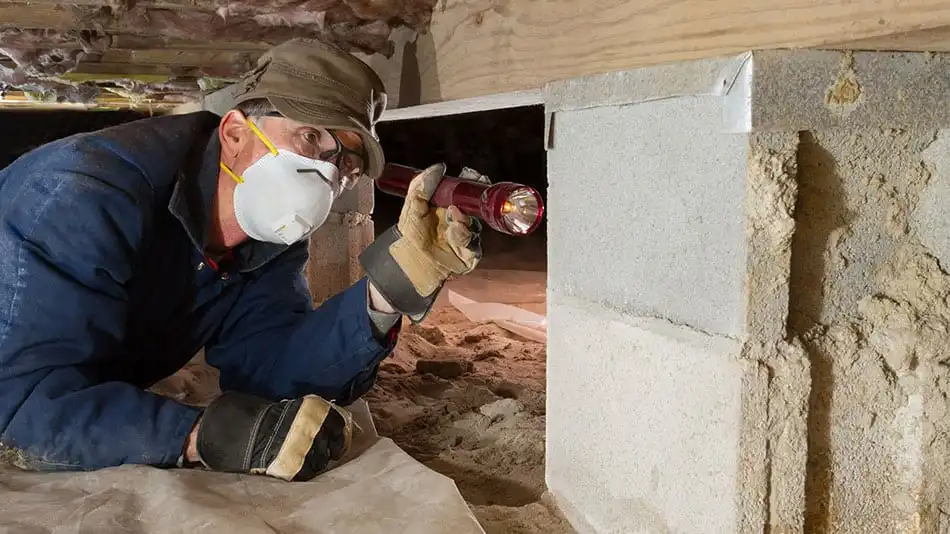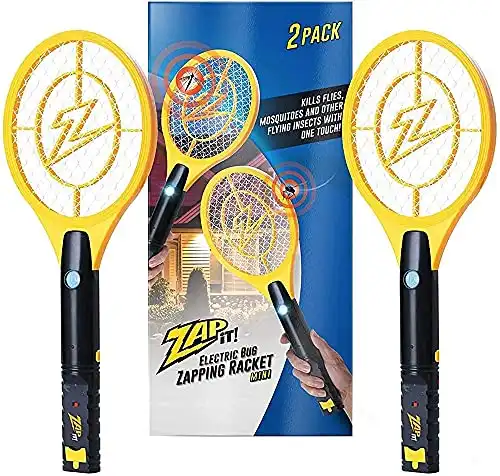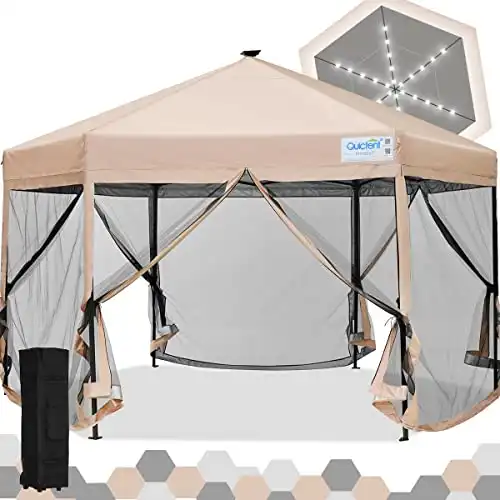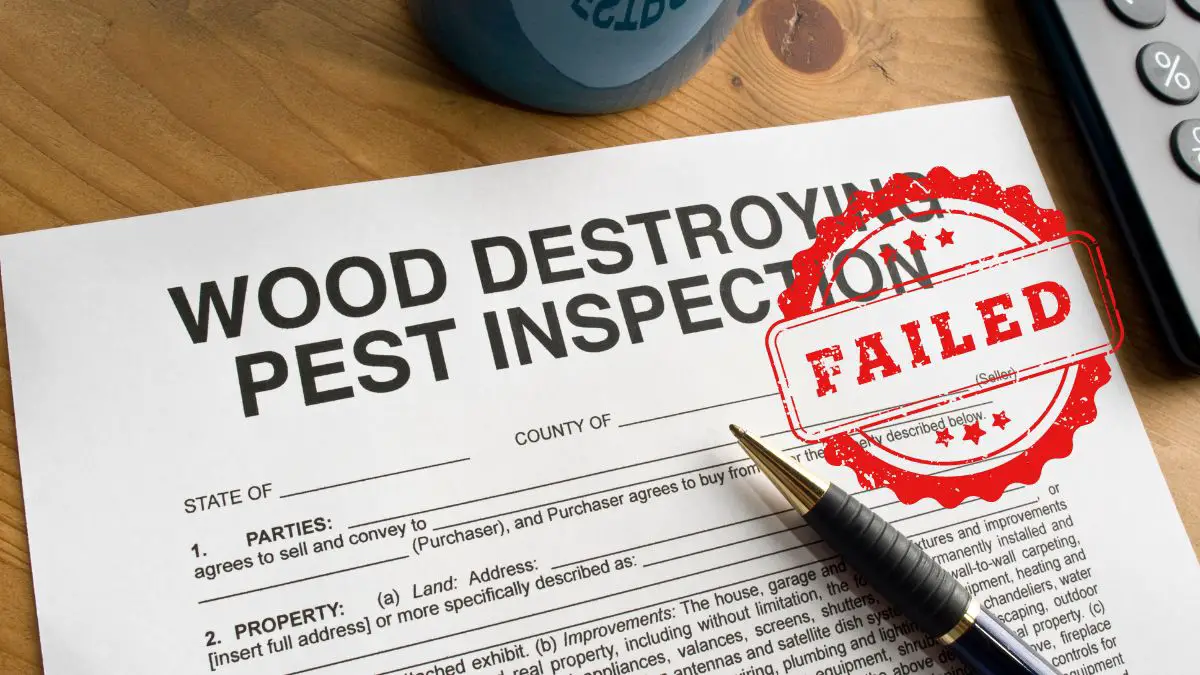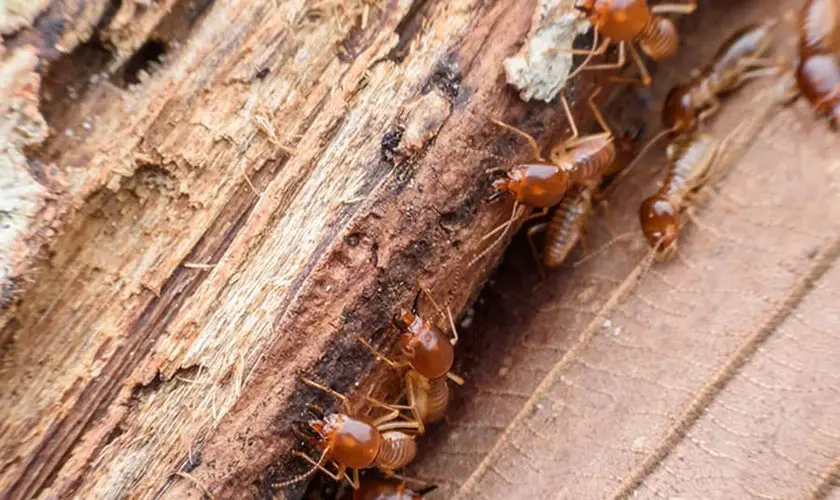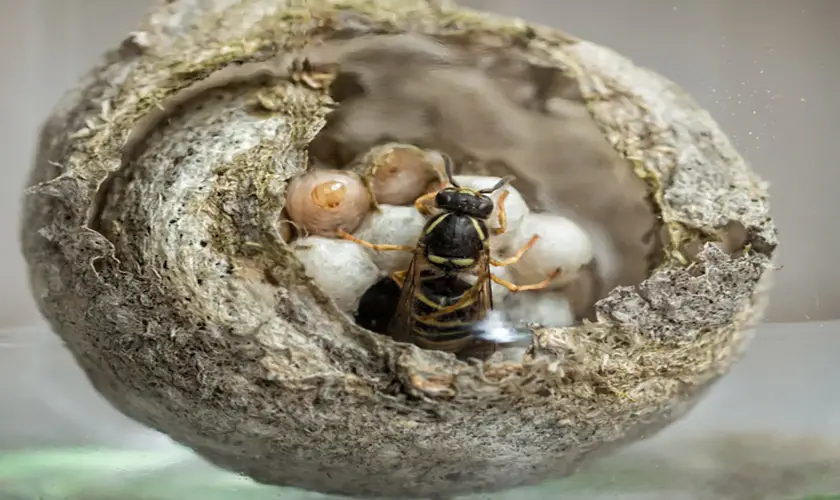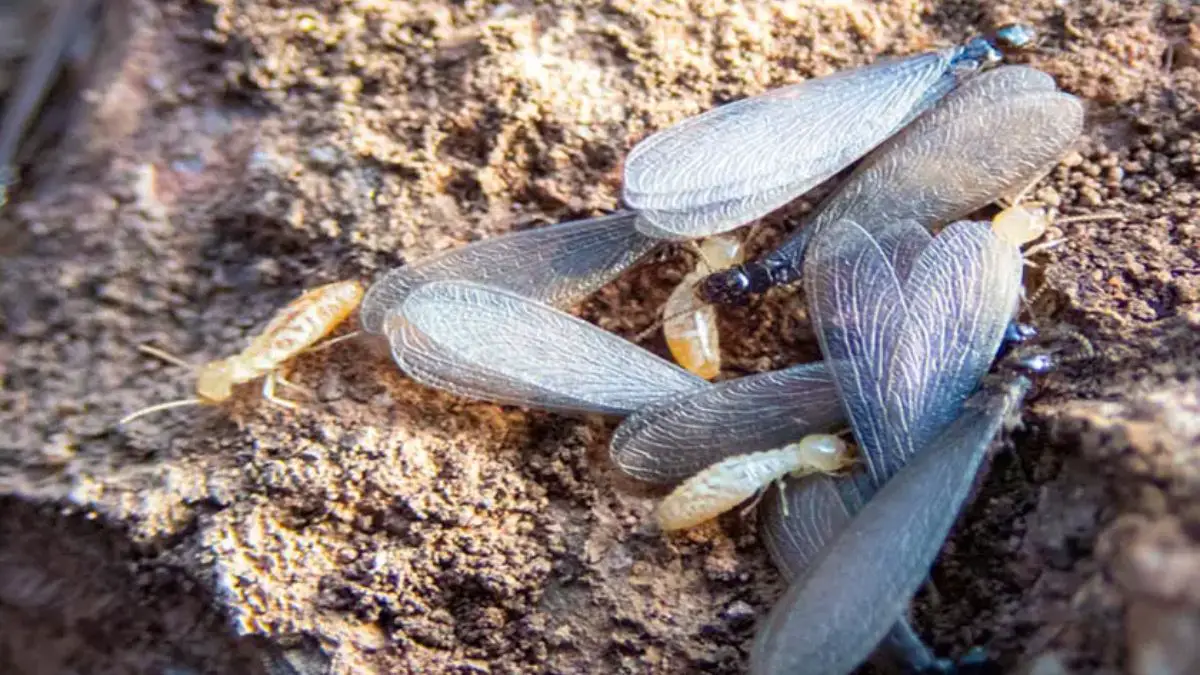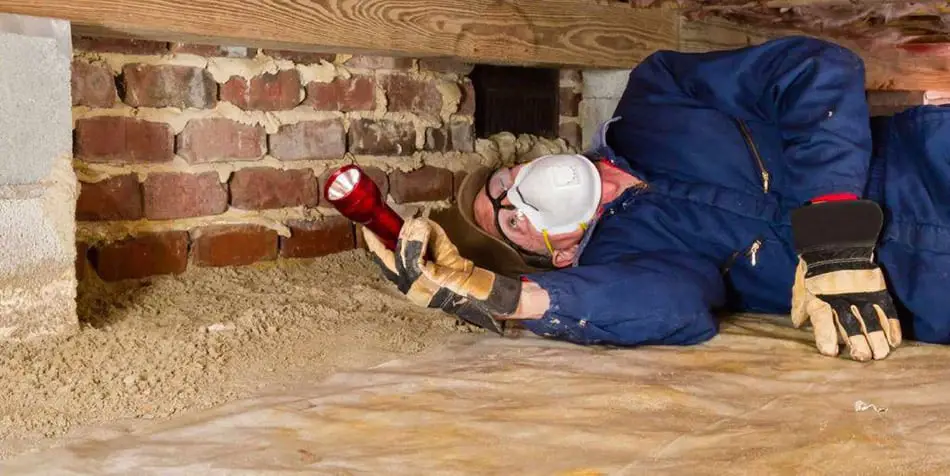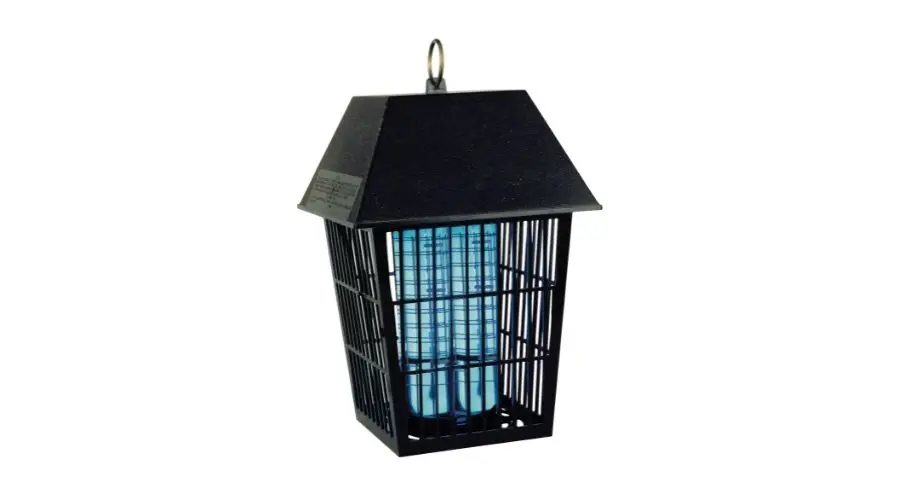
You are sitting on the porch enjoying that freshly made sweet tea and hear that zapping noise for the first time as the sun goes down. It is like music to your ears!
With bug zappers, many people believe they are essential, especially during an outdoor event. However, you may be wondering how many amps a bug zapper uses.
Bug zappers only use 2 amps to give those insects the shock of their life. When speaking in terms of electricity, amps will kill, not volts. While bug zappers generally use 2 amps across the board, not all are created equal.
Get FREE quotes from licensed pest control technicians in your area today. Whether you need spraying for ants, roaches, spiders, ticks, mosquitos, or bed bugs, We Can Help! All technicians are screened, licensed, and insured.
As you read onward, we will discuss many topics. These subjects range from the specific amounts of electricity our household bug zapper uses, the differences between what volts and amps can do, and the dangers behind operating such a device.
Please continue reading below, and let’s learn a few things about your average bug zapper.
Does a Bug Zapper Use a lot of Electricity?
When talking about the specific amount of electricity your average household bug zapper uses, it can range from anywhere between 25 to 50 watts per bug zapper. Well, how much does that cost you exactly? The short answer is almost nothing at all.
Long answer, depending on how long you leave your zapper on, will affect the cost. For example, leaving a bug zapper on for only about 8 hours a day will only roughly cost you 0.3 to 0.6 cents per day.
Say you forget to turn off your bug zapper, then what? Leaving your device on all day and overnight will only run you about 10 to 12 cents daily.
Can a Bug Zapper Kill a Human?
Going back to what I said earlier, amps kill you, not the volts. While zappers will always have higher voltage amounts in the thousands, these devices will only use about 2 amps to fry an insect.
As far as killing something the size of a human, the tiny device would have to put out about 10 amps to be deadly, similar to an electric chair.
If it had the chance to kill a human outright, bug zappers would have slim to none. While the chances of receiving non-life-threatening injuries are still genuine, keep in mind basic safety precautions around your device. You never want to handle the device directly while it remains powered on.
Do Bug Zappers Hurt?
Bug zappers will hurt when improperly handled. Always remember that you’re dealing with electricity when holding a zapper.
While it may not be enough to cause severe damage, it can still give you a surprising shock that can leave minor burns. If you are exposed to the source for extended periods, it will hurt even more.
How Many Volts Does a Bug Zapper Have?
Your standard bug zapper will have anywhere from 500 to about 2800 volts. The voltage from the transformer inside the bug zapper will run through the metal mesh frame surrounding the main housing.
Once an insect makes contact with this frame, The higher voltage allows a spark to travel from the device to the insect, vaporizing it instantly.
How Much Power Does a Fly Zapper Use?
You can expect your standard bug zapper to use around 25 to 30 watts of power per day.
Let’s say you left the device on for an entire 24-hour period. An average unit will use roughly 50 watts of power, approximately 10 to 12 cents a day.
Do Electric Fly Swatters Work?
Electric fly swatters can be a great way to help add another method to vaporize insects.
Electric swatters can have the same if not higher voltage as your average bug zapper. They can be just as effective at killing an insect as the stationary zapper.
Electric swatters do have a downside, usually either rechargeable or battery-operated. You will need to charge electric fly swatters regularly.
Other times, they may need batteries instead. You must manually swing the device at your intended insect targets and hopefully land a hit on them.
For some, the sport of hunting down the insect and destroying it yourself is part of the appeal. Just remember to go for the nuisance insects, such as mosquitos, house flies, or horse flies, as insects like dragonflies can be beneficial to keeping the mosquito population down.
How Can I Attract Flies to a Bug Zapper?
You can attract flies to a zapper in several ways. Many bug zappers can come equipped with a fluorescent light bulb that emits ultraviolet light that attracts insects.
Zappers work best in an outdoor open area and away from your seating area. You will want to allow multiple different directions for insects to enter and detect the ultraviolet light from the light bulb.
Flies are primarily attracted to scents compared to lights or heat. We highly recommend baiting the zapper with simple do-it-yourself food products such as honey or sugar to place inside the bug zapper. These foods significantly increase the effectiveness of the zapper.
Do Bug Zappers Work During the Day?
A common misconception is that bug zappers work all hours of the day. However, a large portion of the insect population, including the most common species of nuisance insect, comes out during nighttime.
In this case, while they wind up killing insects during the day, the bug zapper is best used at night.
Should You Constantly Leave a Bug Zapper on?
Contrary to popular belief, you would think leaving an electrical device on for an extended period would be wrong, both for electricity usage and safety reasons.
However, leaving a bug zapper on is proven to be the most cost-efficient and effective way to reduce the insect population in the area.
How to Keep Mosquitos Away from the House
Mosquitos are a huge nuisance when you want to go outside for any reason (work in the garden, sit on the porch, have a picnic, etc.)
In that case, you may wonder how to get rid of mosquitos. Bug zappers are ineffective in many instances unless they have a bait within them, such as mosquito octenol.
Other ways to get rid of mosquitos are as follows:
- Use lavender or citronella flowers or essential oils.
- Place garlic on your skin or the surrounding areas of your home.
- Alternatively, grow garlic plants around your home.
- Burning coffee grounds.
- A rubbing lemon balm on your body.
- Wear loose-fitting clothing.
- Use a mosquito net for the evening.
Final Thoughts
Always reference the instruction and safety guide with your bug zapping device, whether an electric fly swatter or stationary bug zapper for outdoors.
Safety is the most crucial aspect of handling such a device. Ensure no power is running to your zapper during maintenance to avoid electric shocks or burns.
While a bug zapper in itself can be great for insect defense, supplementing with other insect repellents is always an excellent choice when wanting to enjoy the outdoors.
Other repellents such as store-bought spray-on insect repellants and citronella oil are excellent deterrents for biting insects, especially mosquitos.
Get FREE quotes from licensed pest control technicians in your area today. Whether you need spraying for ants, roaches, spiders, ticks, mosquitos, or bed bugs, We Can Help! All technicians are screened, licensed, and insured.


